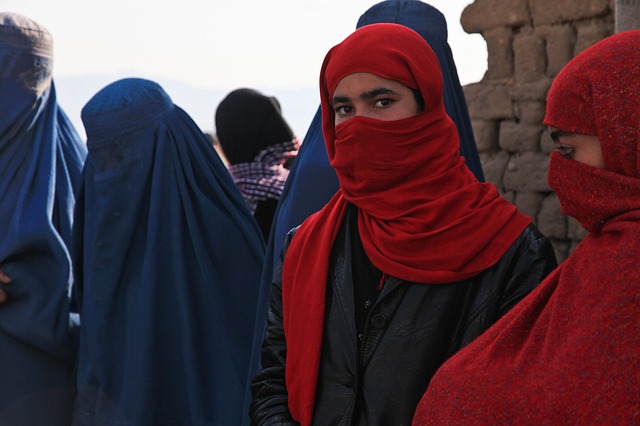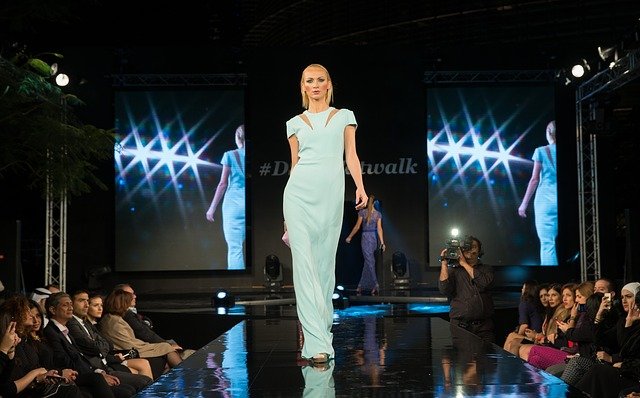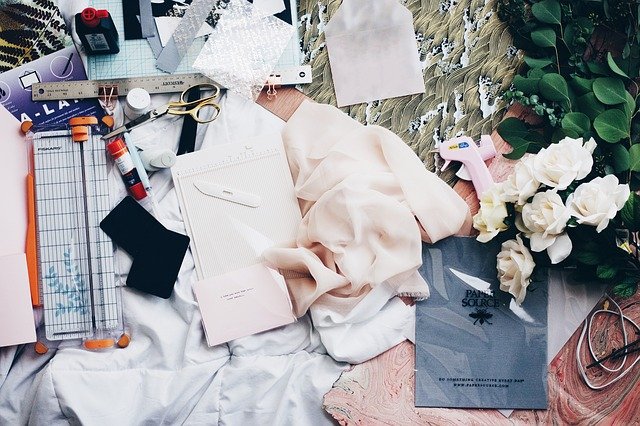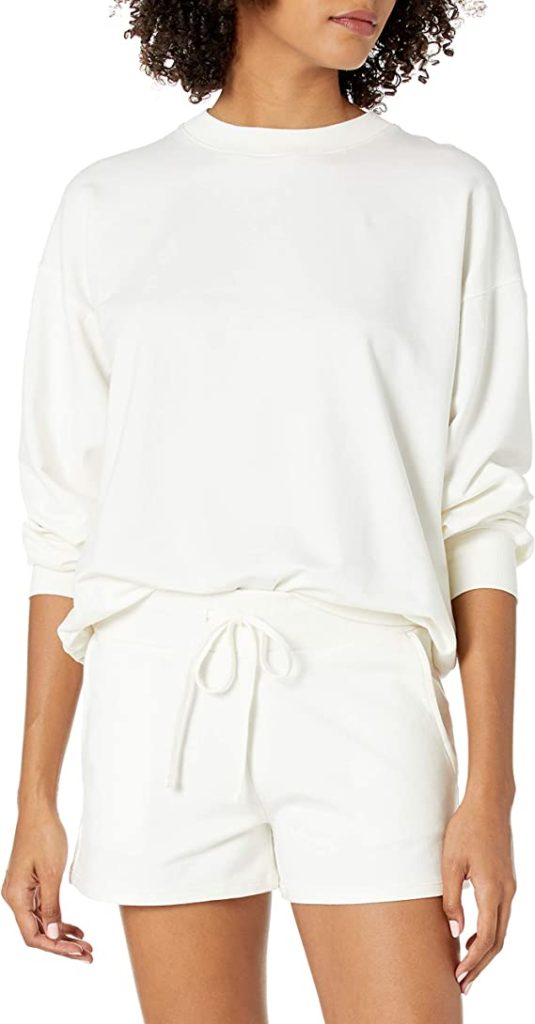A burqa is a traditional garment worn by Muslim women that covers the entire body except for the eyes. It has become a controversial topic in Western countries, where some people view it as an oppressive form of dress and others see it as part of their cultural identity.

The burqa was the garment of choice for Muslim women in Afghanistan under Taliban rule. However, many did not have to wear it as they were accustomed to wearing western-style clothing before that time. The oppressive nature of this requirement can only be imagined by those who never had a chance to experience life without an enforced dress code which dictated how one could live and move freely within society.
The garment, although controversial in some places, is not universally condemned. In fact the majority of Muslim women do wear it by choice and many are pleased with new regulations that require them to do so.
The burqa, even after the Taliban was replaced in Afghanistan, still remains a symbol of oppression for many women. The garment is not worn voluntarily by some Afghanis and has been imposed on others as it represents continued control over certain factions within regions that can lead to punishment if they don’t comply with wearing one whether or not this would be their personal preference otherwise.
The burqa is an article of clothing that women wear in Muslim countries to maintain personal modesty. It covers the whole body, with only a mesh screen through which you can see and speak from behind so as not to be seen by men outside of their family or husband’s families unless they are accompanied by someone who belongs there for protection purposes.
Some scholars feel these passages about hijab mean something different than other people think it does; however, many individuals believe wearing this type of head covering fulfills religious commandments while allowing access to all necessary parts on one’s person without risking exposure because society deems them less valuable due primarily based off gender stereotypes rather than meritocracy-based opportunities stemming from education attainment levels and financial opportunity rates (a level playing field).
There are some countries that has large Muslim immigrants have attempted to ban the niqab. This often results to protests by Muslim women who believe they are told to wear so by Allah. Wearing a burqa may not be the most fashionable, but for some women it can make them feel like they are free to explore their surroundings and express themselves.


